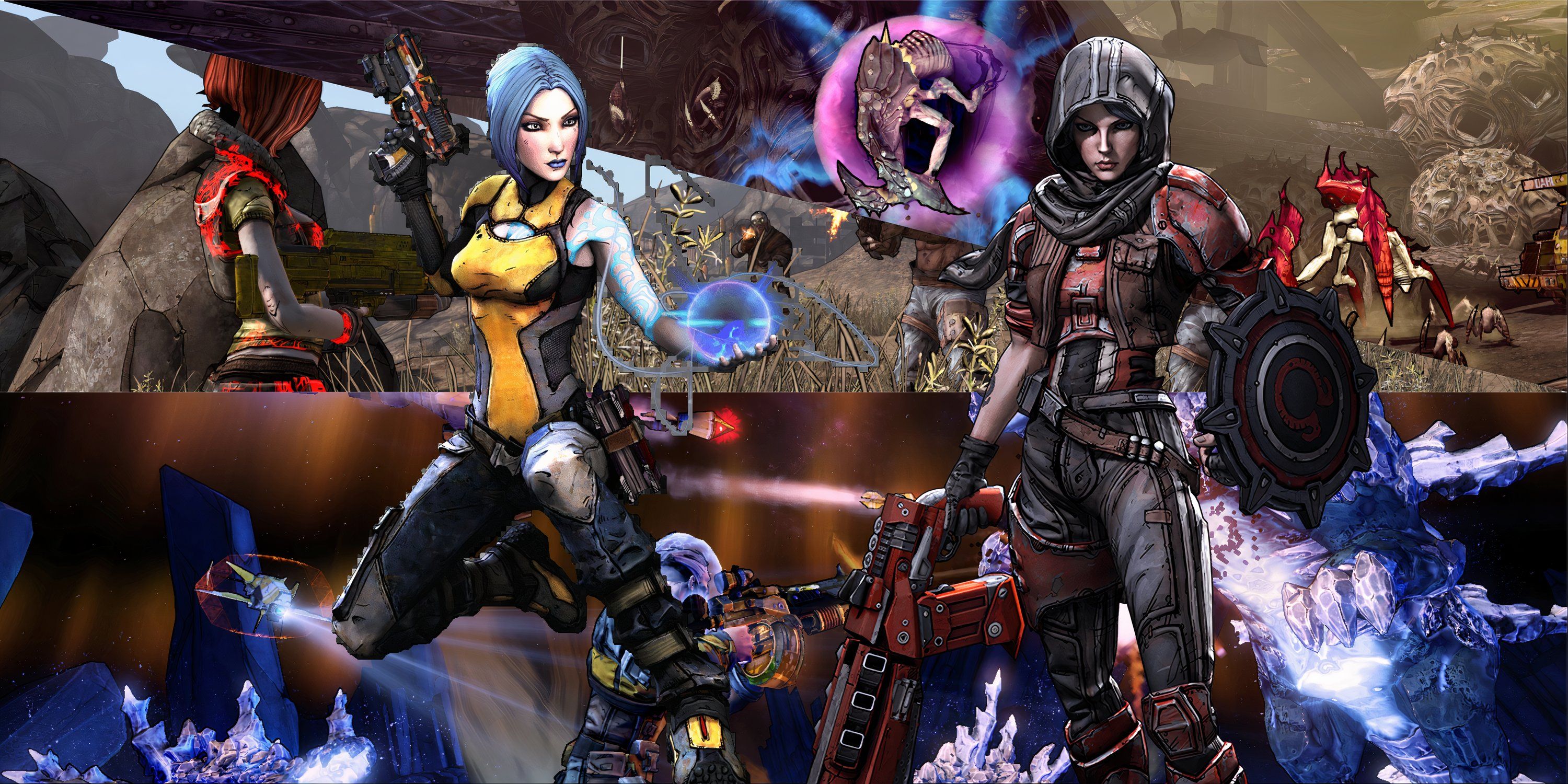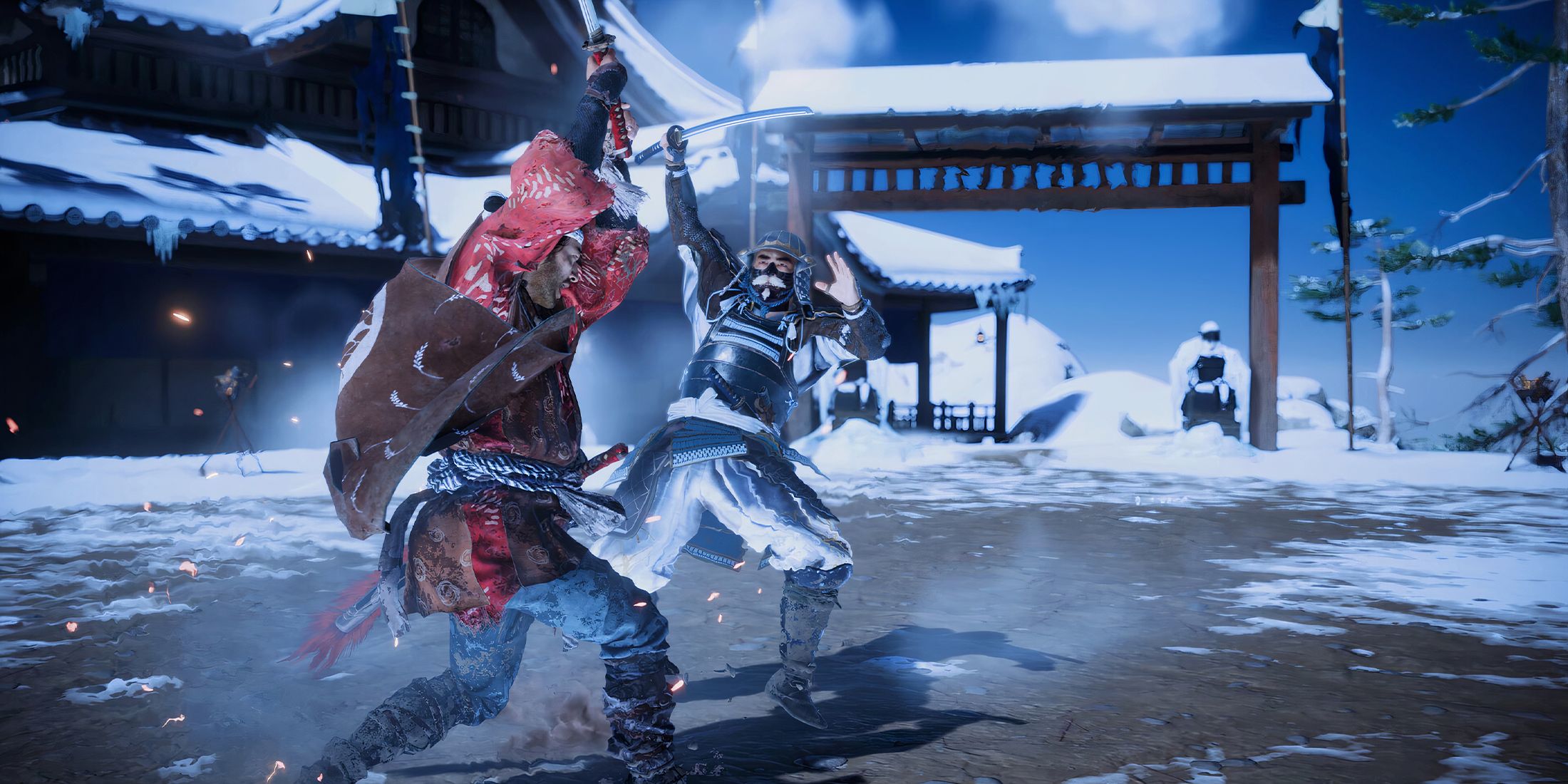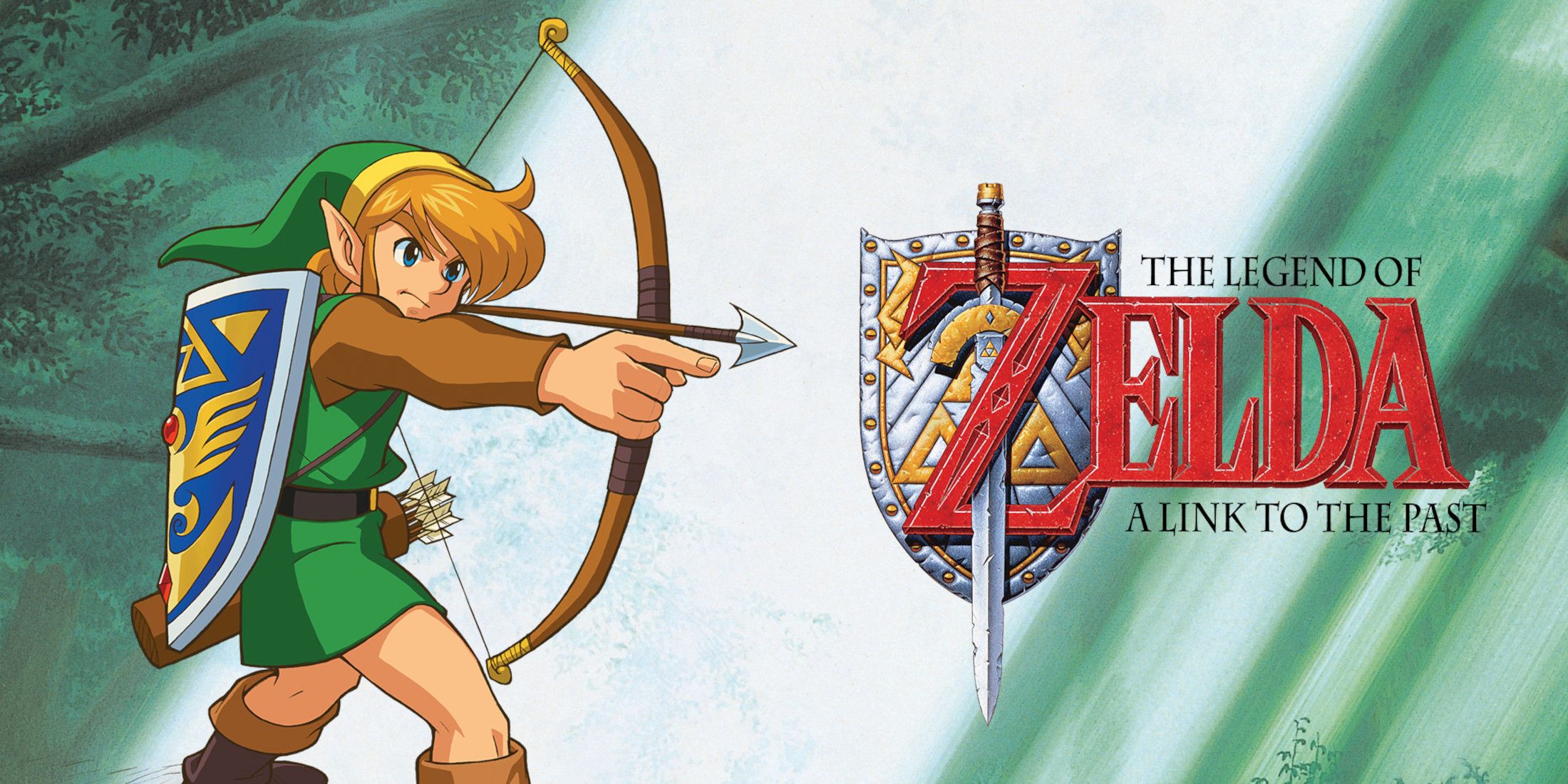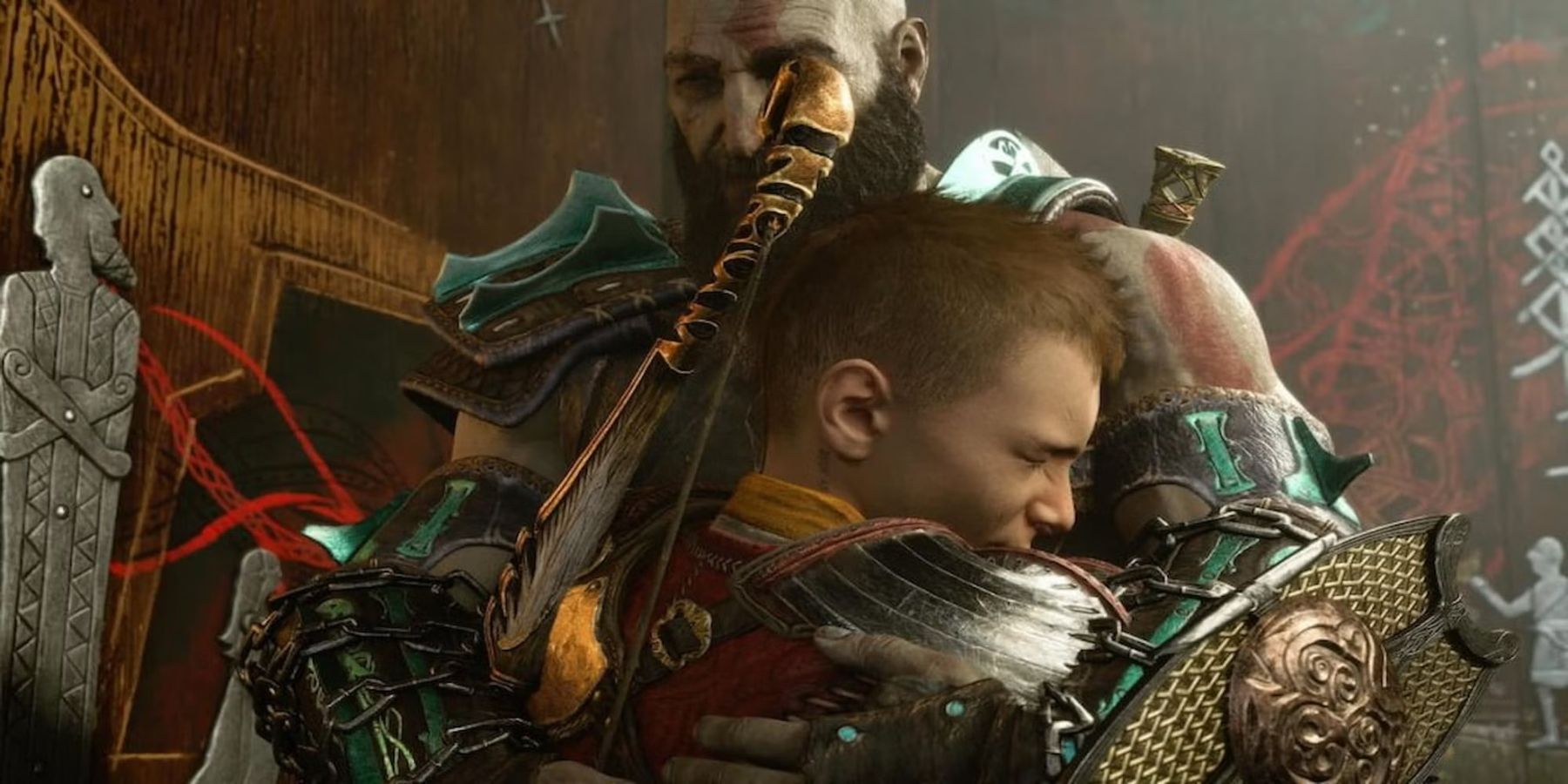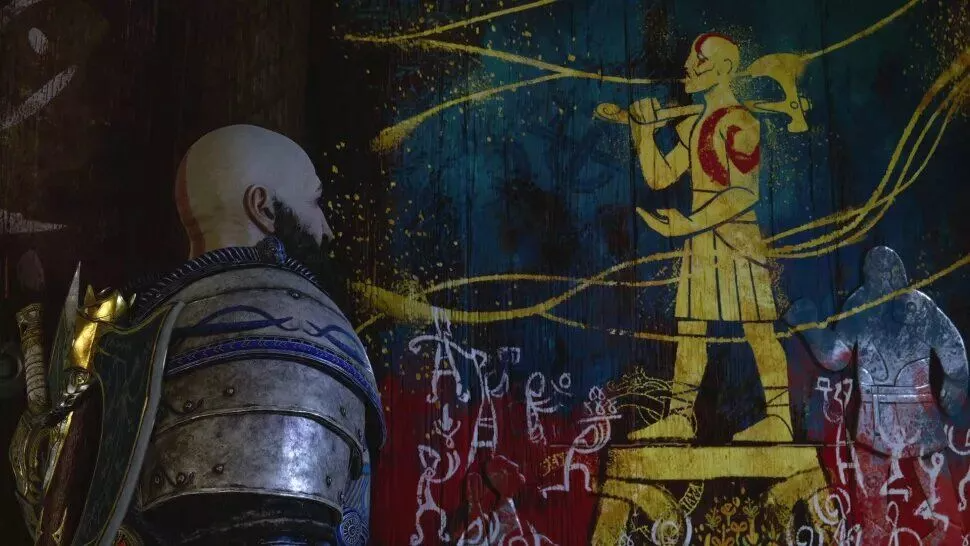For almost two decades now, Kratos has been the face of the God of War franchise. Originally just a man seeking revenge on the gods for the murder of his family, Kratos becomes the titular God of War himself and continued to wreak havoc on Olympus for multiple games before taking a bit of a hiatus. Kratos then returned with 2018's God of War, though he wasn't quite the same revenge-obsessed God killer fans once knew him as. And by the time of God of War Ragnarok, Kratos has matured into an all-new type of protagonist, one that doesn't mind sharing the spotlight.
God of War Ragnarok not only manages to bring the Norse saga to a satisfying close, but manages to bring Kratos' entire journey to a climactic endpoint, and that's all while continuing to flesh out Atreus' character as well. But as is the case with any successful video game franchise, there are sure to be sequels further down the line, though Santa Monica should try its very best to leave Kratos out of the next adventure.
God of War Ragnarok Acts as the Perfect Ending for Kratos' Character Arc
In the original God of War Greek saga, Kratos has a fairly one-note character arc. After being manipulated and deceived into killing his wife and child, Kratos vows revenge on the gods, in particular Ares. What follows is a murderous rampage through the Greek pantheon, with more gods meeting Kratos' Blades of Chaos in each new installment. By the end of the Greek saga, Kratos is left with only the notion that gods have no right to exist in the first place, with each one he meets being more selfish and cruel than the last.
By the time God of War 2018 rolls around, Kratos has tried to leave his Greek origins in the past, and has started a new life in Midgard with Faye. With her help, Kratos begins to come to terms with his past life and the anger that once consumed him, though he soon returns to his shell when their son, Atreus, is born. Believing that he might end up just like him, Kratos initially hides Atreus' godhood from him. Over the course of God of War 2018, Kratos learns to trust his son more, and through his actions, Kratos learns that not all gods are necessarily inherently evil or selfish.
During the course of God of War Ragnarok, this revelation is set in stone, as Kratos repeatedly sees Atreus act selflessly to help others. By the end of God of War Ragnarok, Kratos has learned to trust his son completely, and in a bittersweet ending, agrees that he should set off on his own adventures. Right after this moment, Kratos also discovers an ancient Jotunheim mural that correctly predicted the events of Ragnarok and shows a monument with Kratos' likeness, with people kneeling at its feet and praising him. Kratos' entire character arc, spanning the entire franchise, has led to this moment. A character that was sure his past actions would lead him to a life of misery and isolation discovers that he not only has a set of loving family and friends now, but that he'll also be revered as a god, something he never thought possible. In this moment, Kratos' character arc feels complete.
This is exactly why Kratos shouldn't come back for another God of War game. God of War Ragnarok ties up Kratos' character arc in an incredibly satisfying way, and bringing him back as the primary playable protagonist in the next game would only end up retroactively ruining that ending. There are plenty of other potential playable characters for the next God of War, and while Kratos shouldn't appear as the main character, he could still appear as a brief cameo so long as it doesn't cheapen God of War Ragnarok's ending.
God of War Ragnarok is available now for PS4 and PS5.

